Peanuts, considered as one of the most popular snack choices worldwide, are not only delicious but also packed with a myriad of health benefits. Despite their name, peanuts are not true nuts but legumes that belong to the botanical family Fabaceae, commonly known as the bean family. In this article, we will delve deep into the nutritional profile of peanuts, explore their health benefits, and discuss how they can be incorporated into a healthy diet. Nutritional Profile of Peanuts: Peanuts are a nutritional powerhouse, containing a wide range of essential nutrients that are beneficial for overall health. They are rich in protein, healthy fats, vitamins, minerals, and antioxidants. One ounce of peanuts (approximately 28g) contains around 7g of protein, 14g of fat, 6g of carbohydrates, and 2g of fiber.
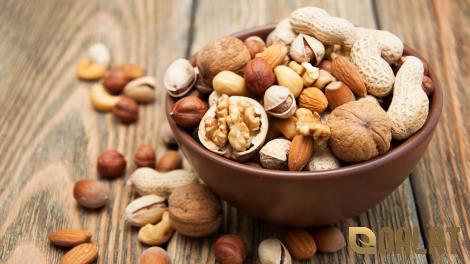
.
 They are also a good source of vitamin E, niacin, folate, and minerals such as magnesium, phosphorus, and zinc. Health Benefits of Peanuts: 1. Heart Health: Peanuts are a heart-healthy food due to their high content of monounsaturated and polyunsaturated fats, which help lower LDL (bad) cholesterol levels and reduce the risk of heart disease. They also contain resveratrol, a potent antioxidant known for its cardiovascular benefits. 2. Weight Management: Despite their calorie density, research suggests that incorporating peanuts into a balanced diet may actually help with weight management. The combination of protein, fiber, and healthy fats in peanuts can promote satiety and reduce overall calorie intake. 3. Blood Sugar Control: Peanuts have a low glycemic index, meaning they cause a slower and more moderate rise in blood sugar levels compared to high-glycemic foods. This can be beneficial for individuals with diabetes or those looking to manage their blood sugar levels. 4. Brain Health: Peanuts are a good source of niacin, a B vitamin that plays a key role in brain function and cognitive health. Niacin has been linked to a reduced risk of age-related cognitive decline and Alzheimer’s disease. 5. Antioxidant Properties: Peanuts contain various antioxidants, including resveratrol, flavonoids, and vitamin E, which help combat oxidative stress and inflammation in the body. These antioxidants play a crucial role in protecting cells from damage and reducing the risk of chronic diseases.
They are also a good source of vitamin E, niacin, folate, and minerals such as magnesium, phosphorus, and zinc. Health Benefits of Peanuts: 1. Heart Health: Peanuts are a heart-healthy food due to their high content of monounsaturated and polyunsaturated fats, which help lower LDL (bad) cholesterol levels and reduce the risk of heart disease. They also contain resveratrol, a potent antioxidant known for its cardiovascular benefits. 2. Weight Management: Despite their calorie density, research suggests that incorporating peanuts into a balanced diet may actually help with weight management. The combination of protein, fiber, and healthy fats in peanuts can promote satiety and reduce overall calorie intake. 3. Blood Sugar Control: Peanuts have a low glycemic index, meaning they cause a slower and more moderate rise in blood sugar levels compared to high-glycemic foods. This can be beneficial for individuals with diabetes or those looking to manage their blood sugar levels. 4. Brain Health: Peanuts are a good source of niacin, a B vitamin that plays a key role in brain function and cognitive health. Niacin has been linked to a reduced risk of age-related cognitive decline and Alzheimer’s disease. 5. Antioxidant Properties: Peanuts contain various antioxidants, including resveratrol, flavonoids, and vitamin E, which help combat oxidative stress and inflammation in the body. These antioxidants play a crucial role in protecting cells from damage and reducing the risk of chronic diseases.
..
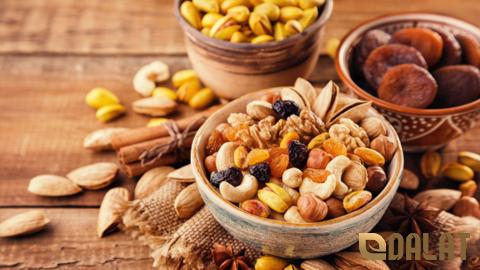 6. Bone Health: Peanuts are a good source of magnesium, phosphorus, and zinc, all of which are essential minerals for maintaining healthy bones and preventing conditions like osteoporosis. Incorporating Peanuts into a Healthy Diet: There are many delicious ways to incorporate peanuts into a healthy diet, whether you enjoy them whole, as peanut butter, or in various dishes. Here are some creative ideas to try: – Snack on a handful of dry-roasted or raw peanuts for a quick and satisfying snack. – Spread peanut butter on whole grain toast or use it as a dip for apple slices or celery sticks. – Add chopped peanuts to salads, stir-fries, or oatmeal for an extra crunch and nutty flavor. – Use peanut butter as a base for salad dressings or marinades to add depth and richness to your dishes. – Make your own homemade trail mix with peanuts, dried fruits, and whole grain cereals for a nutritious on-the-go snack. Precautions and Allergies: While peanuts offer an array of health benefits, it’s important to note that they are one of the top allergens, causing severe allergic reactions in some individuals. If you have a peanut allergy, it is crucial to avoid all forms of peanuts and products containing peanuts to prevent an allergic reaction. Additionally, peanuts are energy-dense, so it’s essential to consume them in moderation, especially if you are watching your calorie intake. Opt for unsalted or lightly salted peanuts to minimize sodium consumption, as excess salt intake can contribute to high blood pressure and other health issues. Conclusion: In conclusion, peanuts are a versatile and nutrient-packed food that can be a valuable addition to a healthy diet. From promoting heart health and weight management to supporting brain function and bone health, the health benefits of peanuts are extensive.
6. Bone Health: Peanuts are a good source of magnesium, phosphorus, and zinc, all of which are essential minerals for maintaining healthy bones and preventing conditions like osteoporosis. Incorporating Peanuts into a Healthy Diet: There are many delicious ways to incorporate peanuts into a healthy diet, whether you enjoy them whole, as peanut butter, or in various dishes. Here are some creative ideas to try: – Snack on a handful of dry-roasted or raw peanuts for a quick and satisfying snack. – Spread peanut butter on whole grain toast or use it as a dip for apple slices or celery sticks. – Add chopped peanuts to salads, stir-fries, or oatmeal for an extra crunch and nutty flavor. – Use peanut butter as a base for salad dressings or marinades to add depth and richness to your dishes. – Make your own homemade trail mix with peanuts, dried fruits, and whole grain cereals for a nutritious on-the-go snack. Precautions and Allergies: While peanuts offer an array of health benefits, it’s important to note that they are one of the top allergens, causing severe allergic reactions in some individuals. If you have a peanut allergy, it is crucial to avoid all forms of peanuts and products containing peanuts to prevent an allergic reaction. Additionally, peanuts are energy-dense, so it’s essential to consume them in moderation, especially if you are watching your calorie intake. Opt for unsalted or lightly salted peanuts to minimize sodium consumption, as excess salt intake can contribute to high blood pressure and other health issues. Conclusion: In conclusion, peanuts are a versatile and nutrient-packed food that can be a valuable addition to a healthy diet. From promoting heart health and weight management to supporting brain function and bone health, the health benefits of peanuts are extensive.
…
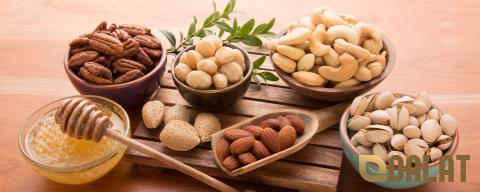 By incorporating peanuts into your meals and snacks in creative and delicious ways, you can reap the nutritional rewards of this mighty legume. Remember to consume peanuts in moderation and be mindful of allergies to fully enjoy their health benefits. Keywords: healthy peanuts, peanut nutrition, peanut benefits, peanuts in diet, peanut allergy Further Exploration of Peanut Allergy: Peanut allergy is one of the most common food allergies, especially among children. It is considered a type I hypersensitivity reaction, where the immune system mistakenly identifies proteins in peanuts as harmful substances, triggering an allergic response. Symptoms of a peanut allergy can range from mild itching and hives to more severe reactions like anaphylaxis, which is a life-threatening emergency. Individuals with peanut allergies must exercise extreme caution and avoid all forms of peanuts and peanut products. It is crucial to read food labels carefully, inquire about ingredients in restaurants, and inform others about your allergy to prevent accidental exposure to peanuts. In cases of a severe allergic reaction, prompt administration of epinephrine (EpiPen) is necessary to counteract the symptoms and prevent anaphylaxis. Peanuts vs. Tree Nuts: It is important to differentiate between peanuts and tree nuts, as they belong to different botanical families and can elicit distinct allergic reactions. Peanuts are legumes that grow underground, while tree nuts come from trees and include almonds, walnuts, cashews, and pistachios, among others. Individuals with peanut allergies may not necessarily be allergic to tree nuts, and vice versa, although there is a possibility of cross-reactivity in some cases.
By incorporating peanuts into your meals and snacks in creative and delicious ways, you can reap the nutritional rewards of this mighty legume. Remember to consume peanuts in moderation and be mindful of allergies to fully enjoy their health benefits. Keywords: healthy peanuts, peanut nutrition, peanut benefits, peanuts in diet, peanut allergy Further Exploration of Peanut Allergy: Peanut allergy is one of the most common food allergies, especially among children. It is considered a type I hypersensitivity reaction, where the immune system mistakenly identifies proteins in peanuts as harmful substances, triggering an allergic response. Symptoms of a peanut allergy can range from mild itching and hives to more severe reactions like anaphylaxis, which is a life-threatening emergency. Individuals with peanut allergies must exercise extreme caution and avoid all forms of peanuts and peanut products. It is crucial to read food labels carefully, inquire about ingredients in restaurants, and inform others about your allergy to prevent accidental exposure to peanuts. In cases of a severe allergic reaction, prompt administration of epinephrine (EpiPen) is necessary to counteract the symptoms and prevent anaphylaxis. Peanuts vs. Tree Nuts: It is important to differentiate between peanuts and tree nuts, as they belong to different botanical families and can elicit distinct allergic reactions. Peanuts are legumes that grow underground, while tree nuts come from trees and include almonds, walnuts, cashews, and pistachios, among others. Individuals with peanut allergies may not necessarily be allergic to tree nuts, and vice versa, although there is a possibility of cross-reactivity in some cases.
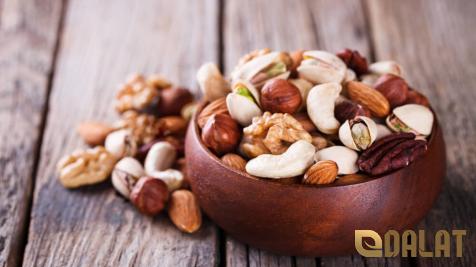
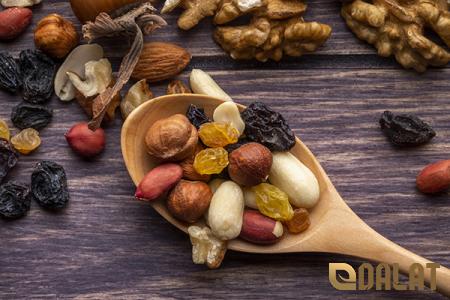
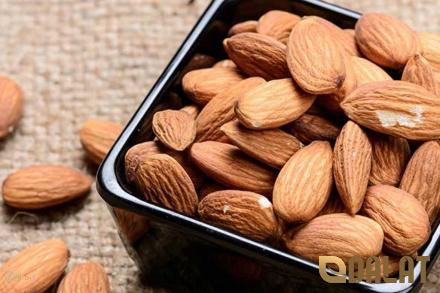
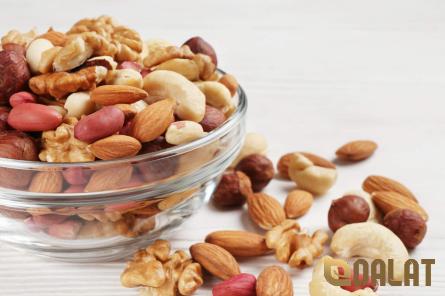
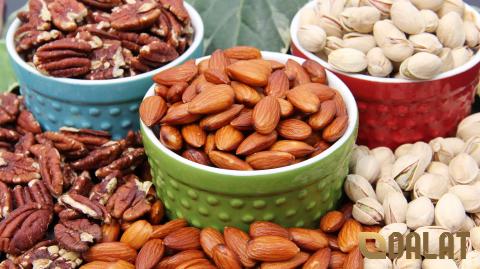
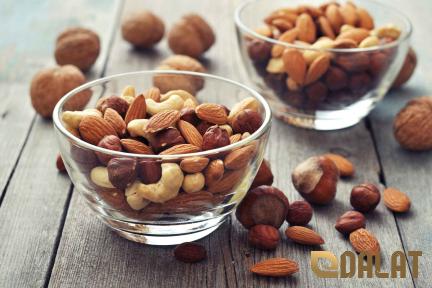
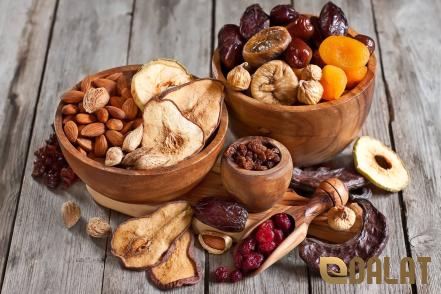
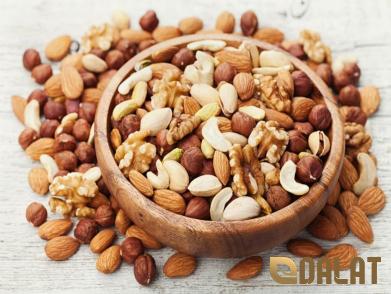
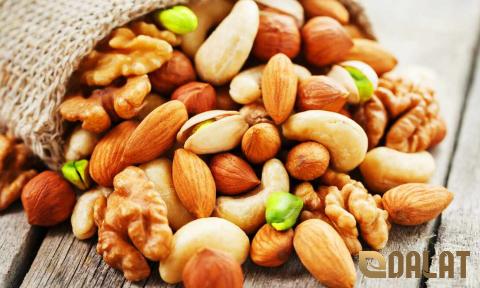
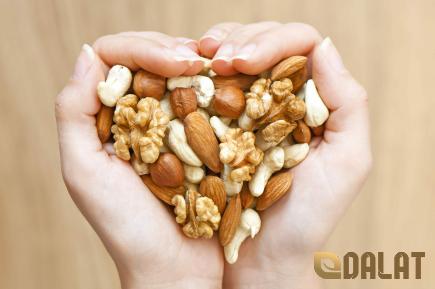
Your comment submitted.